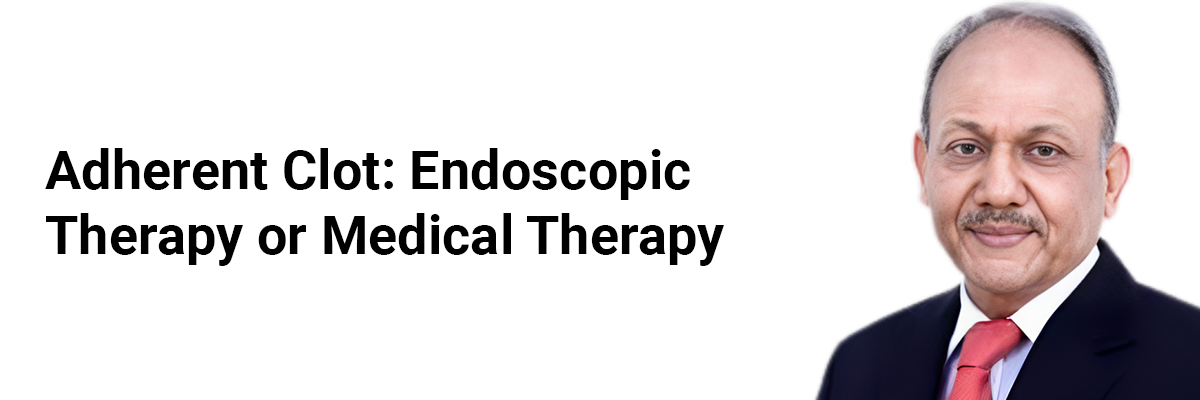
 IJCP Editorial Team
IJCP Editorial Team
Adherent Clot: Endoscopic Therapy or Medical Therapy
Adherent clots on peptic ulcers are associated with a high rebleeding rate.
Adherent clot management options include medical therapy alone with proton pump inhibitors (PPIs) or clot removal with or without endoscopic therapy along with PPIs.
Endoscopic therapy involves irrigation for 5 minutes, and if clots do not wash out, options include injecting adrenaline in four corners or cold guillotine of the clot.
However, endoscopic therapy has limitations, including risks such as perforation and inducing more bleeding.
The choice between conventional medical treatment alone or combining it with endoscopic therapy is controversial, but emerging evidence favors endoscopic therapy in high-risk lesions after clot removal.
Newer endoscopic methods like OVESCO may offer advantages, and Doppler can help identify lesions benefi ting from endoscopic therapy.
Expertise in using all modalities is a prerequisite for undertaking these procedures and improving outcomes. Dr Ajay Kumar New Delhi Utility of New Biomarkers in Therapeutic D

IJCP Editorial Team
Comprising seasoned professionals and experts from the medical field, the IJCP editorial team is dedicated to delivering timely and accurate content and thriving to provide attention-grabbing information for the readers. What sets them apart are their diverse expertise, spanning academia, research, and clinical practice, and their dedication to upholding the highest standards of quality and integrity. With a wealth of experience and a commitment to excellence, the IJCP editorial team strives to provide valuable perspectives, the latest trends, and in-depth analyses across various medical domains, all in a way that keeps you interested and engaged.



















Please login to comment on this article